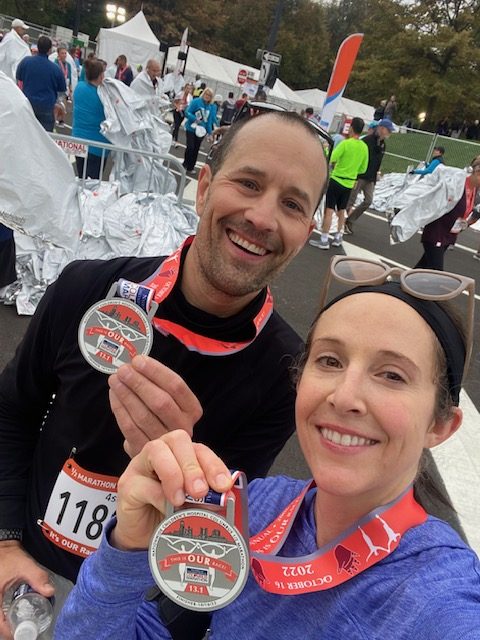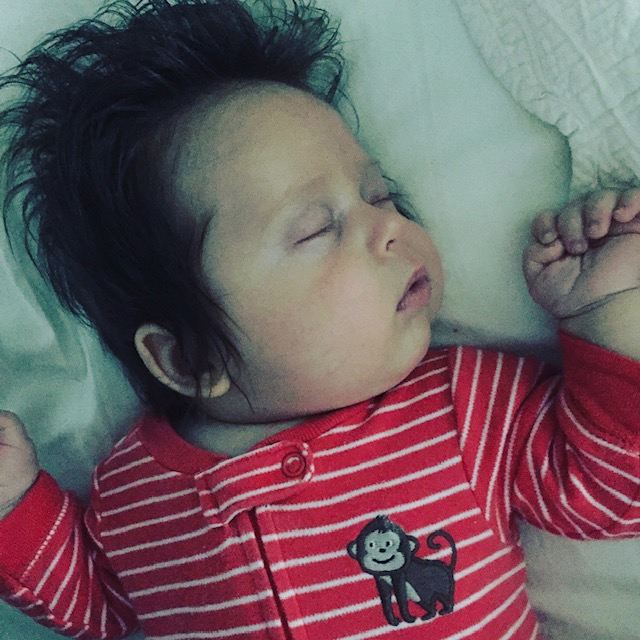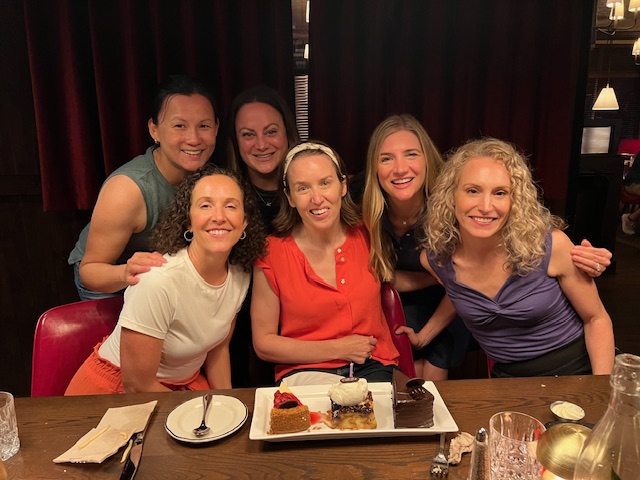Cross your fingers for a holiday book release (yeah!!). Until then, here is a little teaser from Chapter 1, titled “Our Weight (Obsession) Is Killing Us”
Imagine waking up one day and no one talked about body weight. No one talked about diets or restrictions. There were no scales. The words “body” and “weight” didn’t even exist together. Imagine we all lived in our bodies and took up whatever space we needed to take up, without question. Imagine how different that world would be. Imagine how different your life would be.
You thought I was going to use this chapter to discuss how our weight is killing us, since after all, that’s what we’ve been taught our whole lives. Since the moment we started talking, conversing with others, and tuning into television shows and other media platforms, we’ve been socialized to believe that existing in a larger body automatically means unhealthy, unfit, lazy, and other not so kind adjectives. We’ve also been socialized to believe that most people are skinny. Think about your favorite TV shows, especially as a kid, the size diversity on those shows never matched the size diversity in our general population (nor did/does the race and color diversity, while we’re on the topic). One study looked at the top ten prime time shows and found that “Of 1018 major television characters, 14% of females and 24% of males were “overweight or obese”, less than half their percentages in the general population” (9) Think of the shows you watched growing up. Were the bigger characters described as fit, healthy, admirable? My guess is no. That is, if the show even had characters in different bodies other than straight sized (defined as US sizes from 00 to 14). One of my favorite shows growing up, Hey Dude, followed the plot of teenagers on summer vacation, working at a dude ranch in Arizona. Each of the characters was thin. One of the female characters, Melody (played by Christina Taylor) complained about her weight in several episodes, putting the idea in my impressionable mind that her body (which was straight sized, but did happen to be larger than the other main female character) was a problem. It was a topic of discussion in several episodes. Solute Your Shorts, another favorite show of mine, depicted a character named Eddie (nicknamed Donkeylips) who had a larger body, and was known as the goofball, troublemaker, the gross one who farts in the beginning credits. When you look up his memorable quotes on Google you find, “I ate it all”. Subtle cues to me, you, and to any young impressionable child that living in a larger body, or “being the larger one” means living with lesser values. These damaging images and ideals are dangerous for many reasons. They cause us to put undue pressure on ourselves to get to a specific weight. I often meet with clients who first care about losing weight, and second, care about changing their health behaviors. It is our health behaviors, and consistency in those behaviors, not our body size, that have the most effect on our health.
Get on my waitlist for insurance covered intuitive eating coaching by emailing me at Gina.Forster@UseNourish.com
Visit my personal business website; www.NutritionUnmeasured.com
Check out my 10-module self-paced intuitive eating course on my new You Tube channel!!




